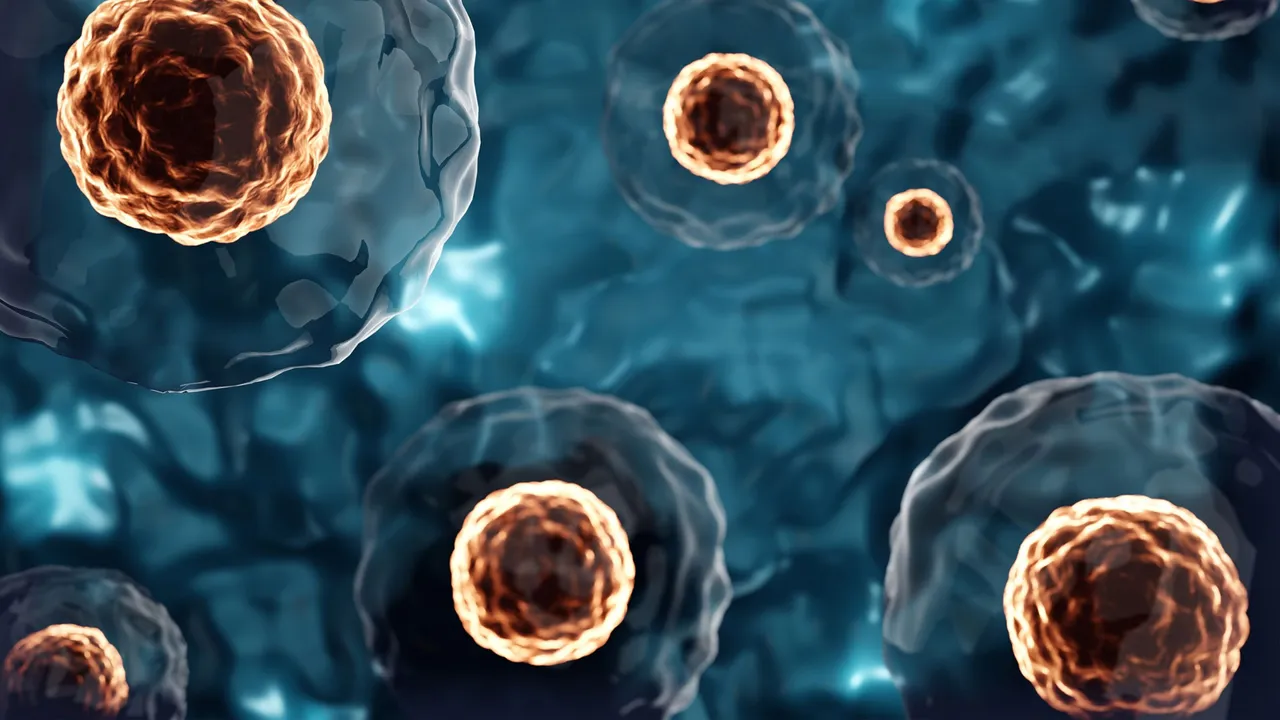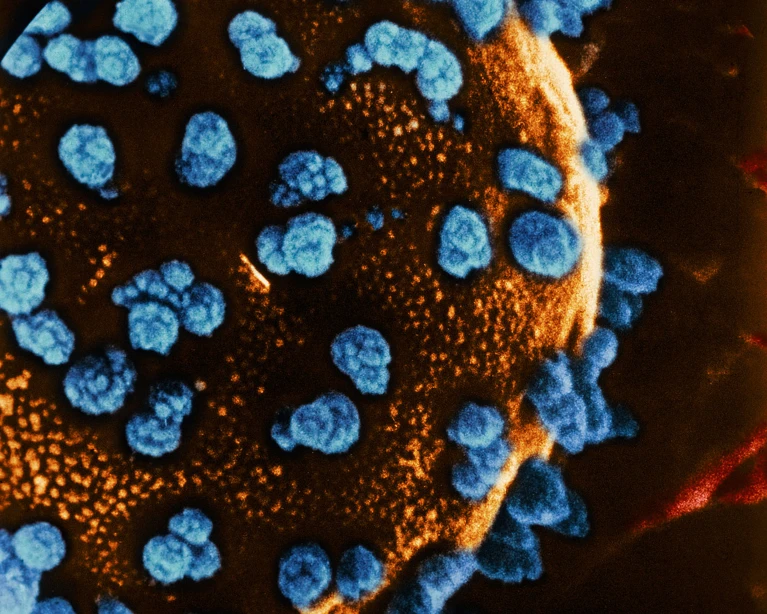by Max G. Levy, PhD – Drug Discovery News –
At the root of anything good or bad in the human immune system is a question about recognition. When the immune system functions correctly, it clocks unrecognized bacteria and viruses. When it misbehaves, immune cells misidentify the body’s tissue as its own. Such autoimmune disorders attack the pancreas in type 1 diabetes, nerve fibers in multiple sclerosis, and joints in rheumatoid arthritis (RA). Recognition also stifles the drugs designed to treat immune symptoms: Our bodies can develop drug-specific antibodies that target them.
“Some people think RA is a well-controlled disease. But actually, if you look at the data, [the drugs are] all failing,” said Brian Freed, an immunologist at the University of Colorado Anschutz Medical Campus and the co-founder and Chief Science Officer at RheumaGen. Nearly 30 percent of patients fail their second- and third-line treatments within three years of diagnosis (1). “It’s just a matter of time. Either you’re a fast fail or slow fail.”




